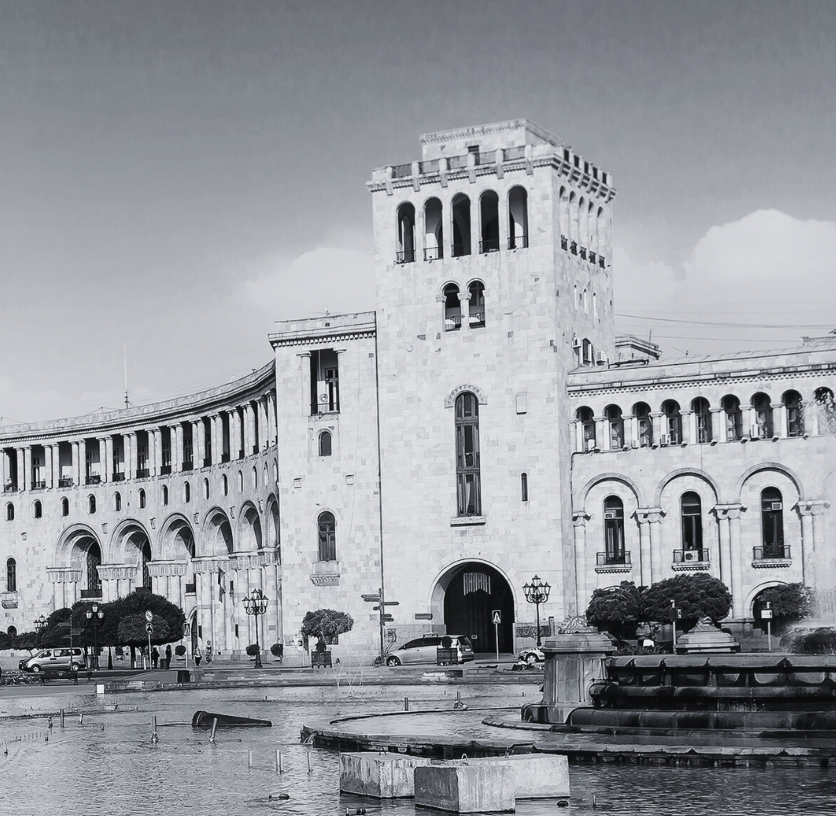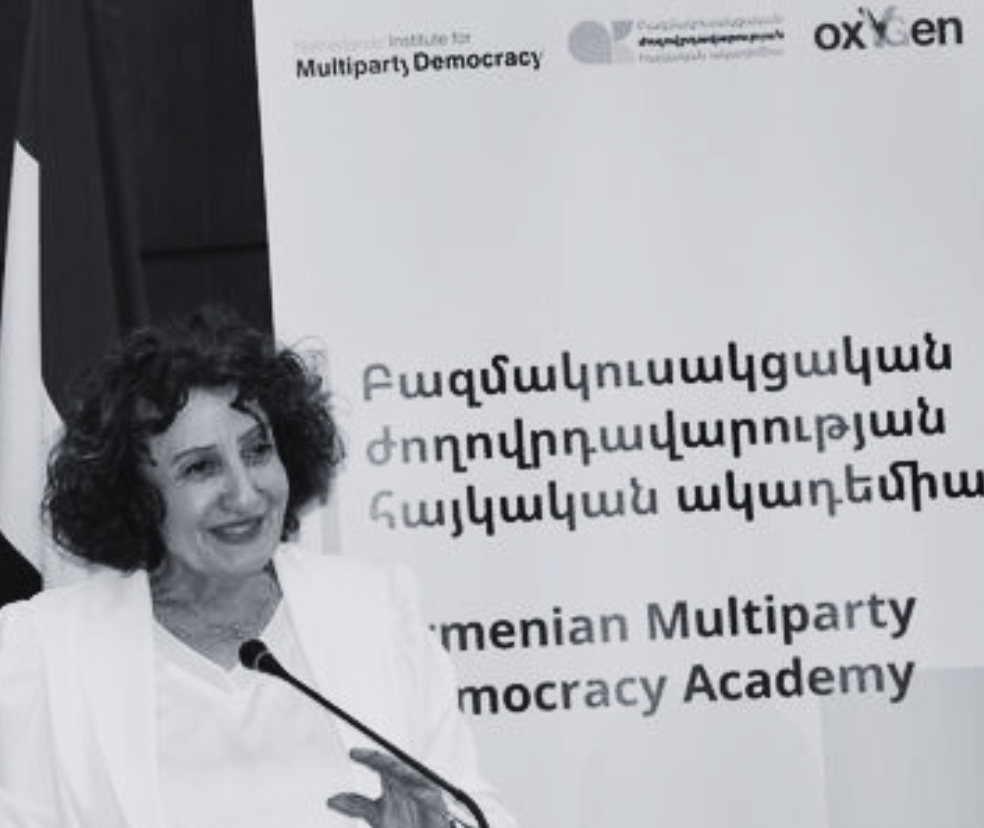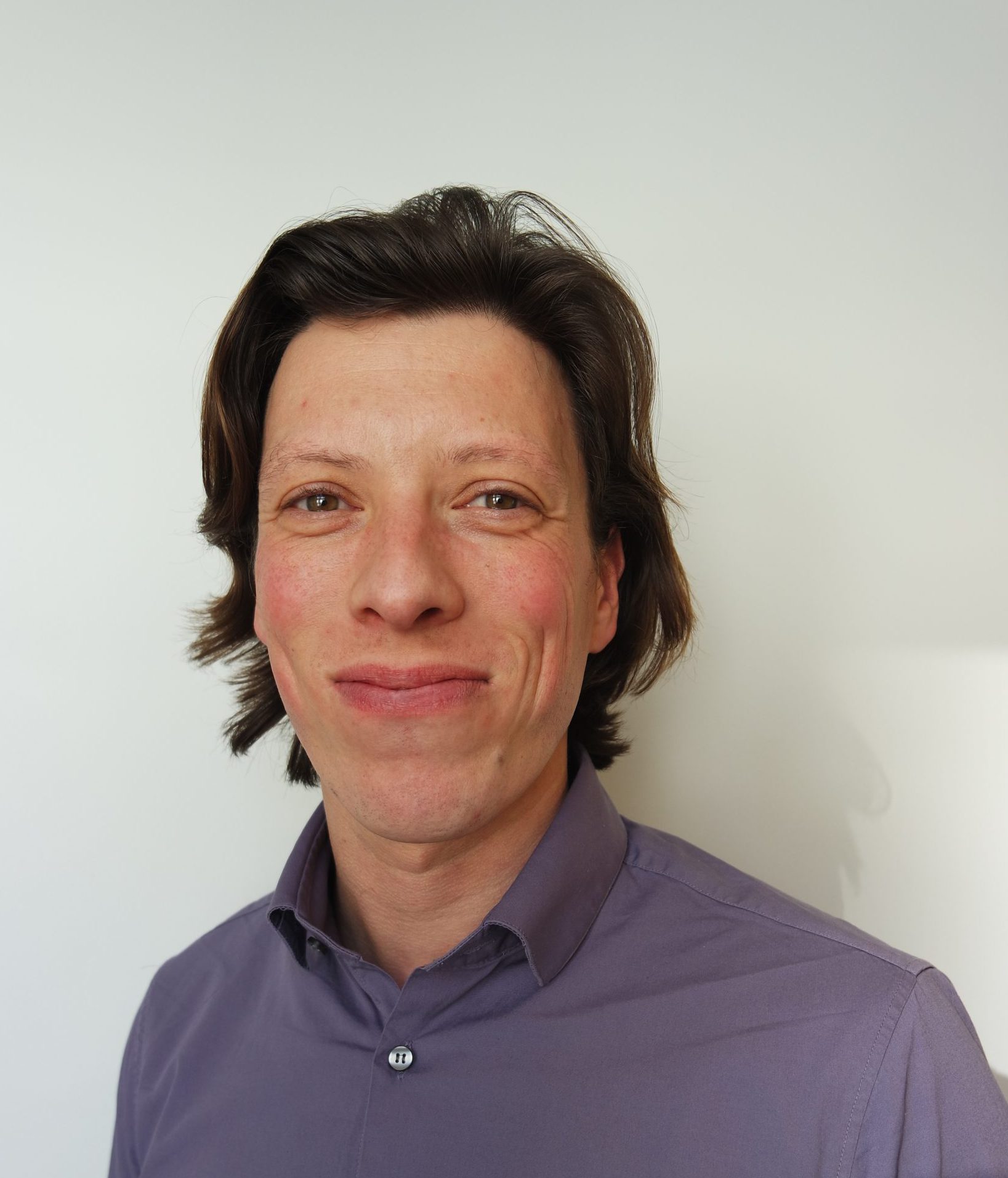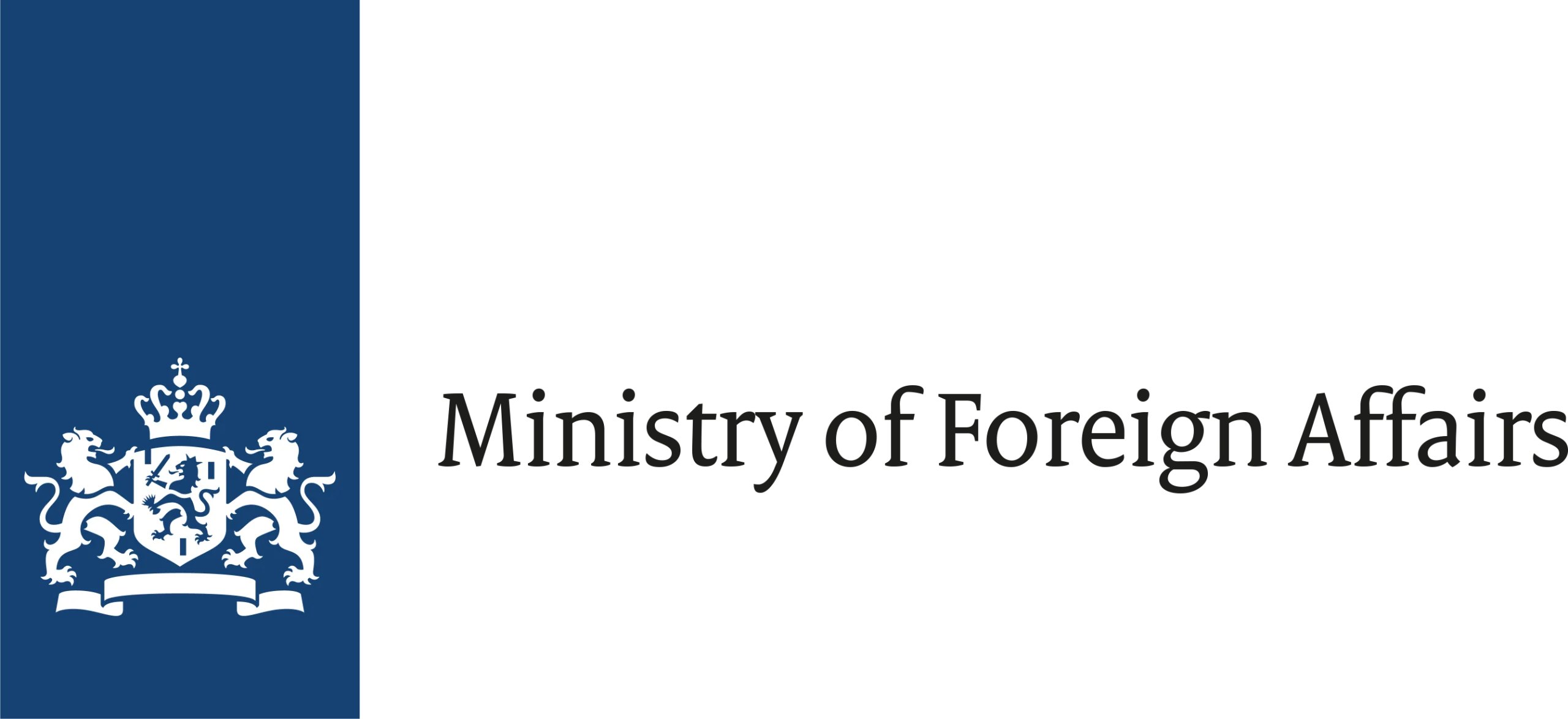Armenia


- NIMD in Armenia: At a glance
- What we do
- How we do it
- Meet the team
Main Objective
Supporting a new generation of people to actively engage in Armenian politics.
Armenia: Political background
Democracy in Armenia is developing considerably. Constitutional changes in 2015 transformed the country from a semi-presidential republic, in which the president enjoyed wide powers, to a representative parliamentary democratic republic. Armenia now enjoys a multi-party system with various political parties and alliances. The current ruling party, however, dominates the system leaving little room for meaningful participation from both opposition parties as well as from young aspiring politicians.
Despite the progress, several barriers still exist that prevent young people from actively engaging in politics in Armenia. One major challenge is the limited access to political decision-making processes, which leaves young people feeling excluded and unrepresented. Additionally, there are few opportunities for youth leadership and mentorship, making it difficult for young people to develop the skills and knowledge needed to succeed in the political arena.
Furthermore, low voter turnout among young people is a significant issue, with only around 35% of young people turning out to vote in Armenia’s parliamentary elections in 2018 (according to IFES). This is due in part to a perception among young people that their voices are not being heard by the political establishment and that the political system is not responsive to their needs and concerns.
What we do
To address these challenges, NIMD has started working in Armenia together with partner OxYGen to create a new generation of politically aspiring youth who are equipped with the necessary knowledge, skills, and attitudes to become effective leaders and advocates for democracy and civic engagement in Armenia, promoting a culture of democracy, participation, and youth leadership.
We do this through our Democracy Academy, a space for young (aspiring) politicians to build knowledge and learn essential skills in order to influence politics.
How we do it
Democracy Education
In 2023 NIMD and OxYGen started developing the Armenian Multiparty Democracy Academy (ARMDA). A programme designed to provide a safe space for individuals from diverse social and political backgrounds to engage in dialogue and exchange ideas on issues of common interest. In 2024, 25 graduates made up the first cohort of the Academy. They were selected from various regions in Armenia, ensuring an equal gender balance, as well as, a focus on participants from different ethnic groups and differently abled groups.
Objectives
- Through the programme we hope to promote multi-stakeholder dialogue, build trust and cooperation among politically aspiring youth from different backgrounds in Armenia through training and coaching, debates, political and civic initiatives.
- To equip participants with the necessary knowledge, skills, and attitudes through an in-depth training programme on democracy, political systems, and leadership to become effective leaders and advocates for democracy and civic engagement in their communities and at the national level.
- To create a strong network of politically aspiring youth with diverse social and political background working on the basis of mutual trust and cooperation for sustainable youth political participation and leadership in Armenia.
Meet the team
 Rutger Groothuis
Programme & Knowledge Advisor
Read more
Rutger Groothuis
Programme & Knowledge Advisor
Read more
Rutger Groothuis is the focal point for NIMD Armenia in the Hague.

Rutger Groothuis is the focal point for NIMD Armenia in the Hague.
Who we work with

OxYGen is an independent advocacy and development foundation driven by its vision of an Armenia free of poverty and suffering, in which women and men can exercise their rights and influence decisions that impact on their lives.

We are grateful to receive funding for the Democracy School from the Dutch Ministry of Foreign Affairs.